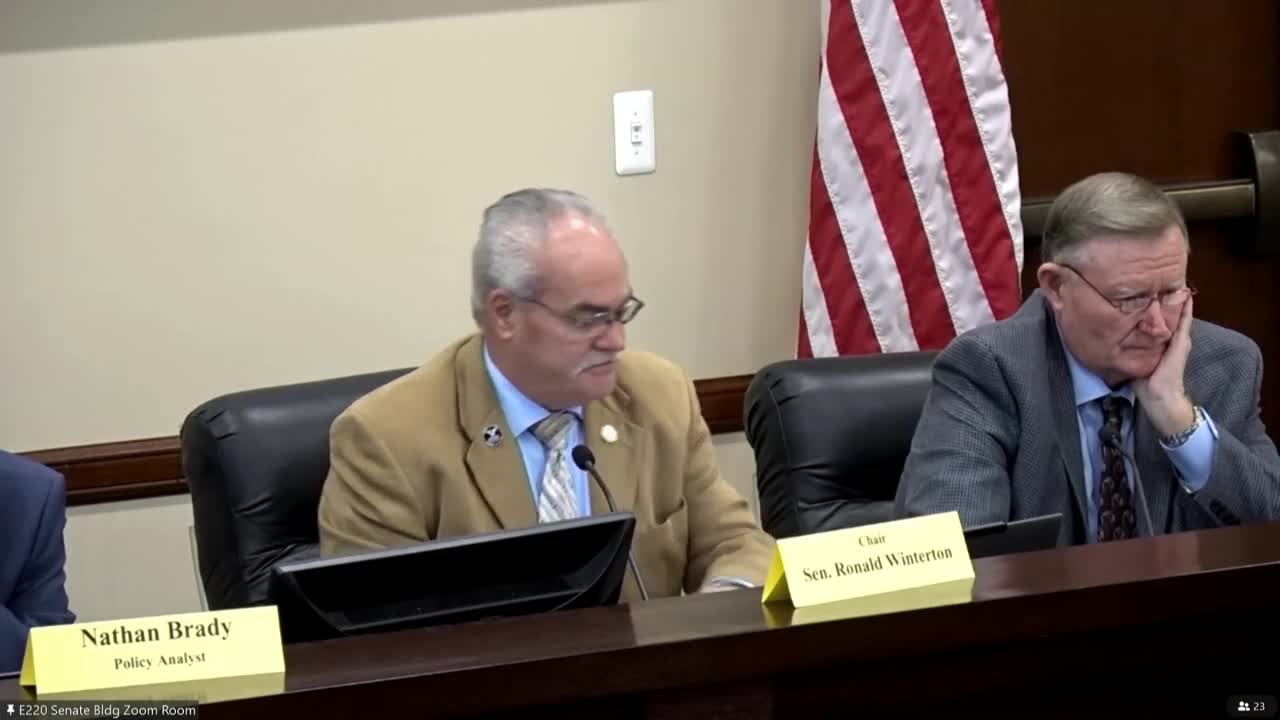Committee advances substitute to update GRAMA, clarify FERPA handling and records‑committee membership
Get AI-powered insights, summaries, and transcripts
Subscribe
Summary
The Senate committee unanimously replaced Senate Bill 163 with a first substitute and favorably recommended the measure, which updates GRAMA, modifies State Records Committee membership and clarifies how requests that may implicate FERPA are handled.
The Senate Government Operations and Political Subdivisions Standing Committee unanimously approved replacing Senate Bill 163 with a first substitute and favorably recommended the substitute to the full Senate.
Senator Harper, the sponsor, described the bill as an update to the Government Records Access and Management Act (GRAMA) that strengthens training, record retention, reporting and access while criminalizing knowing destruction of records to avoid disclosure. He told the committee the substitute also moves several election‑related record provisions into the GRAMA bill where they fit better.
Public commenters included Michael Judd of the Utah Media Coalition, who thanked the sponsor and urged refinements to avoid removing GRAMA protections for university records, and John Gadd, an attorney who supported most of the bill but objected to an amendment that would change response times from 10 business days to 15 business days for records requests. Vanessa Walsh, an assistant attorney general, reminded the committee that this body previously addressed FERPA/GRAMA balance in 2016 via House Bill 288.
Key changes discussed: clarifying state records‑committee membership (moving one citizen seat toward law‑enforcement representation and adding a data/database expert), adding training and education requirements for records officers, strengthening chain‑of‑custody and retention rules, and clarifying how requests that may touch FERPA‑protected records should be handled. Witnesses and senators urged careful language so requests touching student records are not summarily dismissed without the back‑and‑forth that GRAMA currently provides.
Committee actions: Senator Vickers moved to replace the title and body with the first substitute (motion carried by voice vote and announced as unanimous), and the committee then voted to favorably recommend the first substitute (also unanimous). Sponsors and intervenors said they will continue working on clarifying language related to universities and FERPA.
The substitute advances to the full Senate with a favorable recommendation; committee members signaled willingness to continue negotiating clarifications on response times and FERPA‑related procedures.
